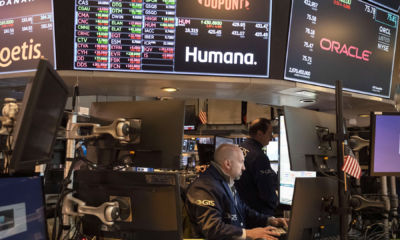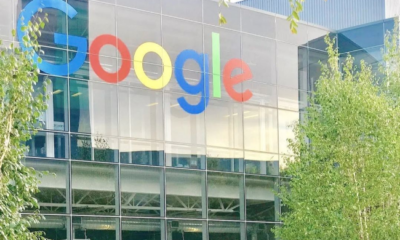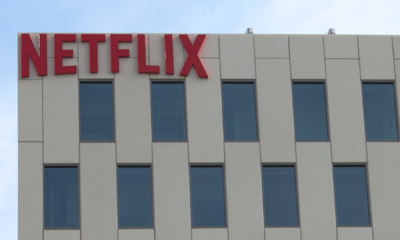NEWS
MGM Hotels and Casinos Shut Down Systems in Response to ‘Cybersecurity Issue’
Published
8 months agoon

Courtesy of mgmgrand/Instagram
MGM Resorts International shut down computer and casino systems at more than a dozen properties across the U.S. after detecting a “cybersecurity issue,” the company said Monday.
“Promptly after detecting the issue, we quickly began an investigation with assistance from leading external cybersecurity experts,” the company said in a statement Monday. “We also notified law enforcement and took prompt action to protect our systems and data, including shutting down certain systems.”
The security breach began affecting systems on Sunday, per reports. The company’s website was still down on Tuesday, displaying only a list of properties and their phone numbers alongside a message stating that the website is currently unavailable.
The company’s MGM Grand Las Vegas website and BetMGM Nevada website were also unavailable Tuesday.
In a followup statement late Monday, the company said its resorts, including dining, entertainment and gaming, remained operational.
“Our guests remain able to access their hotel rooms and our Front Desk staff is ready to assist our guests as needed,” the company said.
The company said the investigation was ongoing, and it was still working to determine the “nature and scope” of the breach.
“Lady luck is not our side when we are evaluating security incidents. The attack landscape is continuously changing, becoming more sophisticated daily. In 2022, 83% of hotels reported at least one breach,” said artificial intelligence adviser and tech executive Marva Bailer, author of “Be Unexpected: Resetting Routines to Revolutionize the Future of Work.”
“The MGM breach, sadly not uncommon for this highly connected data-rich industry, is catching public attention because visitors cannot access the entertainment they came there to play,” Bailer said.
The data collected by major hospitality companies like MGM includes “passports, credit card information, birthdate, and those with spas protected health information, not to mention buying preferences and other data collected via the loyalty club,” Bailer said.
“The interconnected reservation, loyalty, restaurant, payment, spa, and amenities create customer value and convenience but opens increased risk to disruption,” Bailer said.
“This breach highlights areas of challenge such as lost business, reputational damage, legal costs, forensic activities, crisis management, regulatory response, and customer notification,” Bailer said.
TMX contributed to this article.
More Money + Investing
-


Fed likely to significant increase interest rates significantly
-


Investors reduce their equity exposure
-


US Diesel Supplier Warns of East Coast Shortage
-


Google Antitrust Trial Over Search Monopoly Set to Begin Tuesday
-


Old Bearer Bonds That Had Been Damaged By Hurricane Katrina…
-


Microsoft lays off 1,000 workers
-


Fed prepares another rate hike
-


Newsom Signs Law Giving California Fast Food Workers A $20…
-


Iowa Woman Wins Second Large Lottery Prize In A Little…
-


Euro nears parity with US dollar
-


Microsoft will be the sole advertising technology and sales partner…
-


Apple Expected to Unveil New iPhone 15 Lineup Tuesday
